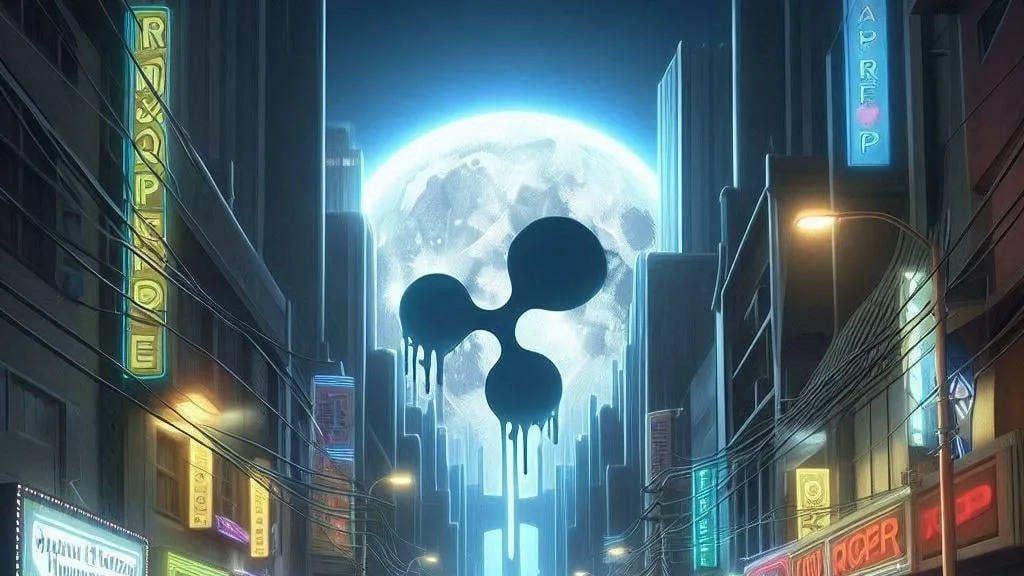
Mt. Gox, once the largest Bitcoin exchange globally, imploded in 2014 following a catastrophic hacking incident that resulted in the loss of 850,000 Bitcoins, including 150,000 belonging to customers. The aftermath left thousands of creditors in limbo, navigating legal battles and prolonged negotiations over the recovery and redistribution of assets.
Fast forward to 2024, and the Mt. Gox trustee has finally initiated the process of reimbursing creditors with their rightful shares of Bitcoin (BTC) and Bitcoin Cash (BCH) holdings. According to a recent trustee document, the payout timeline varies significantly based on the chosen exchange for distribution. Kraken, a prominent cryptocurrency exchange, estimates it will take up to three months to complete the payouts, whereas Bit bank and SBI VC Trade are set to finalize transactions within two weeks.
The prospect of distributing approximately $2.71 billion worth of BTC and BCH has injected substantial volatility into the cryptocurrency markets. Initial concerns of a mass sell-off caused a notable downturn in Bitcoin’s price, which declined by 7.72% over the past week alone. At its lowest point, Bitcoin traded slightly below the critical support level of $54,000, prompting some investors to liquidate assets worth more than $665 million across various exchanges.
However, despite these turbulent movements, Bitcoin has demonstrated resilience, bouncing back above the $56,000 mark. This recovery indicates that initial fears of a widespread sell-off may have been exaggerated, as market sentiment stabilizes amid ongoing developments related to Mt. Gox.
The Mt. Gox repayment saga has underscored the resilience and maturity of Bitcoin as a digital asset class. Despite short-term price fluctuations driven by market uncertainties, many analysts and institutional investors remain optimistic about Bitcoin’s long-term prospects. Chris Wood, Chief Strategist at Jefferies Investment Bank, has emphasized Bitcoin’s role as a hedge against the devaluation of traditional fiat currencies, particularly in an environment marked by unprecedented monetary easing and inflationary pressures.
Wood’s perspective reflects a broader trend of institutional acceptance and adoption of cryptocurrencies as viable investment alternatives. The narrative of Bitcoin as a store of value and a hedge against economic volatility has gained traction among investors seeking portfolio diversification and risk mitigation strategies.
Beyond market dynamics, the Mt. Gox saga has also highlighted the evolving regulatory landscape surrounding cryptocurrencies. Regulatory uncertainty, particularly concerning exchange operations and investor protection, remains a significant concern for market participants and policymakers alike. The Mt. Gox debacle serves as a cautionary tale, prompting calls for enhanced regulatory oversight and transparency within the cryptocurrency industry.
Despite these challenges, institutional interest in Bitcoin and other digital assets continues to grow. Major financial institutions and corporations are increasingly exploring blockchain technology and cryptocurrencies, viewing them as potential disruptors in global finance and payment systems.
Beyond its financial implications, Bitcoin’s underlying blockchain technology holds promise for transforming industries beyond finance. Blockchain’s decentralized ledger system offers transparency, security, and efficiency in various applications, from supply chain management to voting systems and beyond. As governments and enterprises explore blockchain solutions, the technology’s potential to drive innovation and streamline operations remains a focal point of interest.
As the Mt. Gox repayment process unfolds, it continues to cast a shadow of uncertainty over the cryptocurrency landscape. While initial fears of a significant sell-off have subsided with Bitcoin’s price rebound, the staggered payout schedule and ongoing market volatility underscore the inherent risks for investors and stakeholders.
Looking ahead, the resilience of Bitcoin amidst challenges such as the Mt. Gox saga highlights its evolving role within global financial markets. Whether as a speculative asset, store of value, or medium of exchange, Bitcoin’s trajectory will undoubtedly influence broader perceptions and adoption of digital currencies in the years to come.
In summary, while the Mt. Gox saga may temporarily unsettle the crypto market, its long-term impact on Bitcoin’s evolution as a financial instrument and technological innovation remains to be fully realized. As stakeholders navigate the complexities of regulatory frameworks, market dynamics, and technological advancements, the future of Bitcoin and its peers remains both uncertain and promising.




Get the latest Crypto & Blockchain News in your inbox.